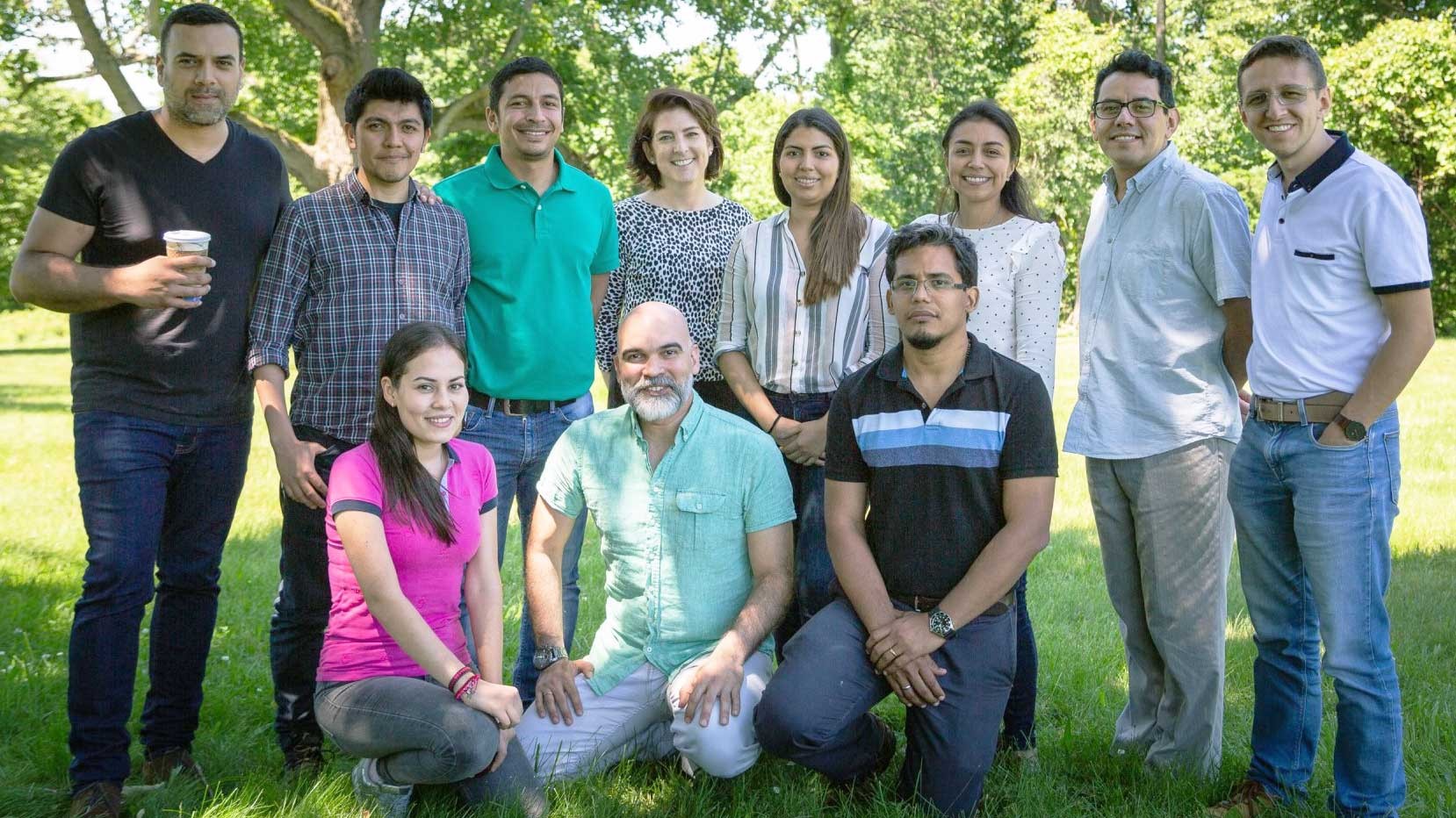Chile Preparing to Implement Columbia-led NextGen Forecast System
Chile’s National Meteorological Service (DMC as per its initials in Spanish) is working to implement the Next Generation of Seasonal Climate Forecasts (NextGen), developed by the International Research Institute for Climate and Society (IRI) at Columbia University’s Earth Institute.
The Earth Institute is working with Columbia Global Centers Santiago and local partners such as the DMC, Universidad de Chile, and a network of local experts, to help co-design, co-develop and implement the project in Chile by September. The effort is being financed by the President’s Global Innovation Fund (PGIF), a program that supports faculty in developing projects and research collaborations within and across the University’s nine Columbia Global Centers in order to increase global opportunities for research and teaching.
NextGen is a new multi-model, statistically calibrated weather forecast system which takes advantage of the expertise of forecasters and local scientists at the country’s meteorological service and universities. It is a modern forecast methodology that validates global models based on local experiences and climate data in order to provide more robust and fine-tuned forecasts for specific areas of interest. The predictions are to be used by decision makers in sectors such as agriculture and food security, as well as energy, water management, disaster prevention and health.
To advance the project, Diego Campos, the DMC focal point for the PGIF project, spent a week in June at Columbia in New York working with IRI colleagues, including the project’s Principal Investigator Ángel Muñoz, IRI Associate Research Scientist. “I learned about the methodology to be best prepared when we launch NextGen in September in Chile. During the week we reviewed the model and then we developed a pilot project to evaluate the responses and what the method’s capacities and potential are,” Campos said.
The NextGen implementation in Chile will be gradual and “it will allow us to do many more things: evaluate what we do currently, incorporate new climate variables, and get more up to date on international information delivery,” he noted, adding that the project will also allow for much more international collaboration.
NextGen has been successfully implemented in Guatemala and Colombia via the Columbia World Project “Adapting Agriculture to Climate Today, for Tomorrow”, or ACToday. The idea is to form a working group with experts from Columbia University and countries like Chile, Colombia and Guatemala, according to Campos, who predicts that other countries will want to join this initiative.
